Continuing our series about the tectonic shift in parenting culture, here are seven more statements claimed by the myth that “good parents are not disciplinarians.”
- Parents don’t have to be the adults in the room.
- If you do it right, your teenagers will be your friends and tell you everything.
- Consequences are harsh and old-fashioned.
- Good parents are partners with their children not figures of authority.
- Children know what’s best for them.
- Good parents do not expect their children to make contributions to the household.
- Telling children how great they are will make them feel great and actually be great.
Parents don’t have to be the adults in the room
We’ve all read Lord of the Flies, right? Children need adults in their lives to tell them when they are off course and set them aright. Without that, well, ask Piggy.
If you do it right, your teenagers will be your friends and tell you everything
Adolescence is the part of the path designed to help children move toward living as independent adults. This includes, by necessity, a growing separation from their parents. Teenagers do not tell their parents everything. They never have. And quite frankly, because their lives involve other young adults, not everything they have to tell is actually any of a parent’s business.
Consequences are harsh and old-fashioned
So it seems are manners, cooperation, responsibility and integrity. See Congress
Good parents are partners with their children not figures of authority
Parents as partners. UGH! A family should have one pair of partners: the parents. All others are free to help with the chores. A child who sees himself as an equal partner with his parents will take that show on the road. His employer will be his “partner” with equal but not superior authority. The police officer will be his “partner” with equal but not superior authority. And eventually, so will the judge: the last in the line of those who reside out of your household who will try to put an end to this nonsense. Authority is not by definition evil. It can be. But the best way to help your child grow into an adult who can handle both good and evil authority is to help him develop a healthy relationship with an authority figure who has his best interest at heart. You.
Children know what’s best for them
Children know what’s best for them? Really? If they don’t have the wisdom to brush their teeth so they are not toothless in their thirties without your insistence, why would you think they have the wisdom to make the choices that will lead to good character without a strong leader at the helm? Sort of silly when you think about it.
Good parents do not expect their children to make contributions to the household
Contributions to the household. Contribution to the community of the family is the seminal experience that leads to both personal and social responsibility. Parents will always be the primary influence on the child. Your children will not be shaped by what you give them but rather by what you ask of them. We have fallen down on the job here. Completely. See paragraph on brain stimulating activities and no time for anything else.
Telling children how great they are will make them feel great and actually be great
Telling children they are really great will make them so. Ever work with someone who singularly shares the opinion that she is great? Wonder how she got that idea? Somebody told her. Just sayin’. Being great in any way comes from what you do, not from what someone says about you.
Despite our best intentions and good parenting choices, there are no guarantees, as children will make their own decisions. The best we can do is ask ourselves what we have done recently to help our children develop into the adults we want them to become. To see this myth addressed practically, check out the Aspinall’s blog about Raising a Child with Rules.
*Adapted text from Mrs. Calise’s State of the School.
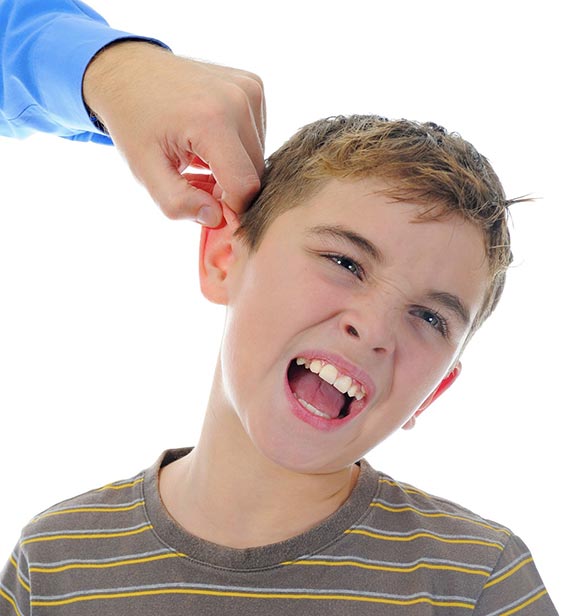
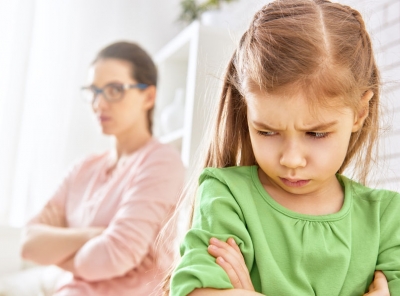
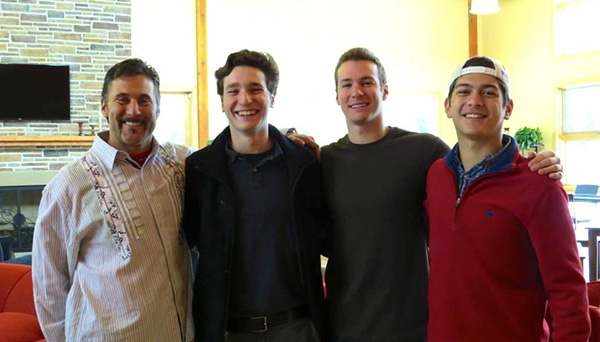
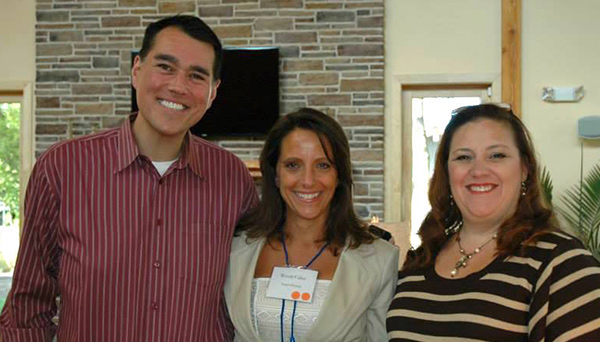
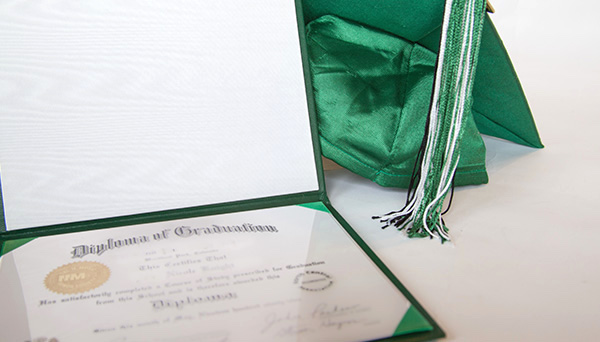


Leave a Comment